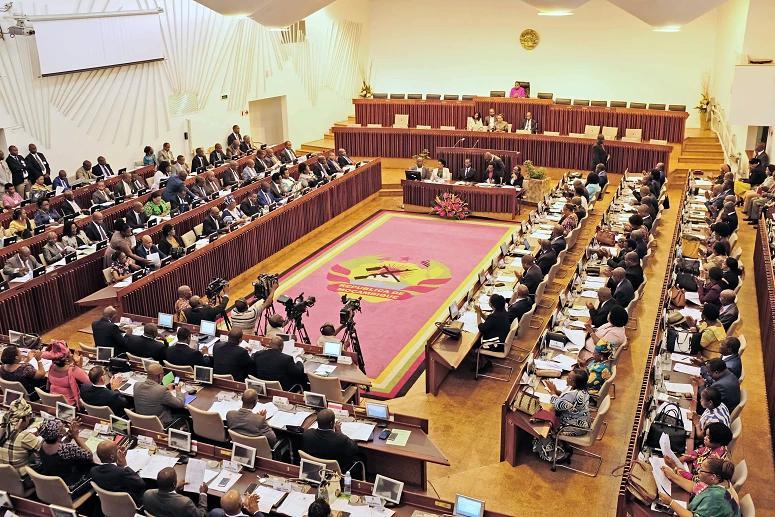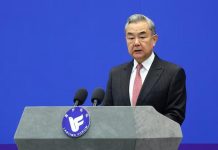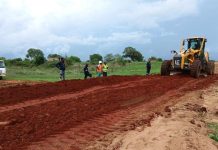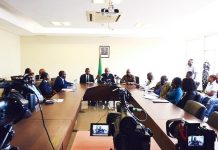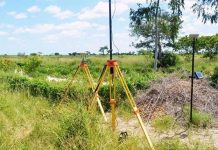Africa-Press – Mozambique. Mozambique’s parliament gave final approval on Wednesday to the Economic and Social Plan and State Budget for 2024, but only with the votes in favour of the ruling Frelimo party.
The budget, which now goes to the president for promulgation, passed with 174 votes in favour from the Front for the Liberation of Mozambique (Frelimo), while 49 deputies from the Mozambican National Resistance (Renamo), the main opposition party, and the Democratic Movement of Mozambique (MDM), the third largest party, voted against the budget proposal.
The ruling party caucus previously justified the approval with the priority given by the budget proposal to health, education, agriculture and infrastructure, key areas for “the well-being of the population”.
“With this budget, the Frelimo government will continue to allocate resources to the education, health, agriculture, defence and security sectors,” said MP Sábado Chombe during the previous general discussion of the document last week.
Through the accounts he presented in parliament, the government “will continue to build more roads and bridges and more hospitals, to reduce social inequalities, develop basic social infrastructure, guarantee an increase in production and productivity, for the well-being of Mozambican families”, Chombe added.
The Renamo caucus argued that the 2024 budget proposal would not solve the population’s problems.
“Renamo and its parliamentary caucus voted against this 2024 budget proposal because it will not solve the problems of Mozambicans,” said Alfredo Magumisse, a member of parliament from the main opposition party.
Magumisse considered that the governance instruments approved today would have no impact on Mozambique’s development, pointing to the alleged stagnation of agriculture as a failure of the Frelimo government.
“Every year, every five years, there are proposals for figures, but in reality, what does that mean for the Mozambican people?” asked Alfredo Magumisse.
The MDM parliamentary caucus, through Laurinda Cheia, described the document as an instrument “without credibility” and the result of “improvisation”.
Cheia also said that it was a contradiction that the budget was aiming to create an environment of peace, harmony and tranquillity for the country “in a context of an upsurge in the crime of kidnapping, vote theft, electoral corruption and unrivalled manipulation of electoral results, conditions sufficient for a social explosion”.
“For this year, there is a prospect of economic growth of %, in line with the plan approved by this magna casa, with an even more optimistic projection of 5.5% for 2024,” said the Minister of Economy and Finance, Max Tonela.
Inflation will fall this year to 7%, after 10.3% in 2022, and is expected to remain at the same level in 2024, Tonela continued.
The proposal foresees expenditure of 542,695 million meticais (€7.795 billion), an increase of 15%.
Debt costs will rise to 54.18 billion meticais (€778.9 million), 3.5% of GDP.
Investment spending will increase to 137.29 billion meticais (€1.974 billion) in 2024, equivalent to 8.9% of GDP.
The proposal estimates state revenues of more than 383.537 billion meticais (€5.51 billion) in 2024, equivalent to 25% of GDP, which will represent a deficit of more than 159.488 billion meticais (€2.293 billion), corresponding to 10.4% of GDP.
Mozambique’s GDP is expected to grow to 1.536 trillion meticais (€22084 billion) in 2024, which corresponds to an expected economic growth of 5.5%.
For More News And Analysis About Mozambique Follow Africa-Press

